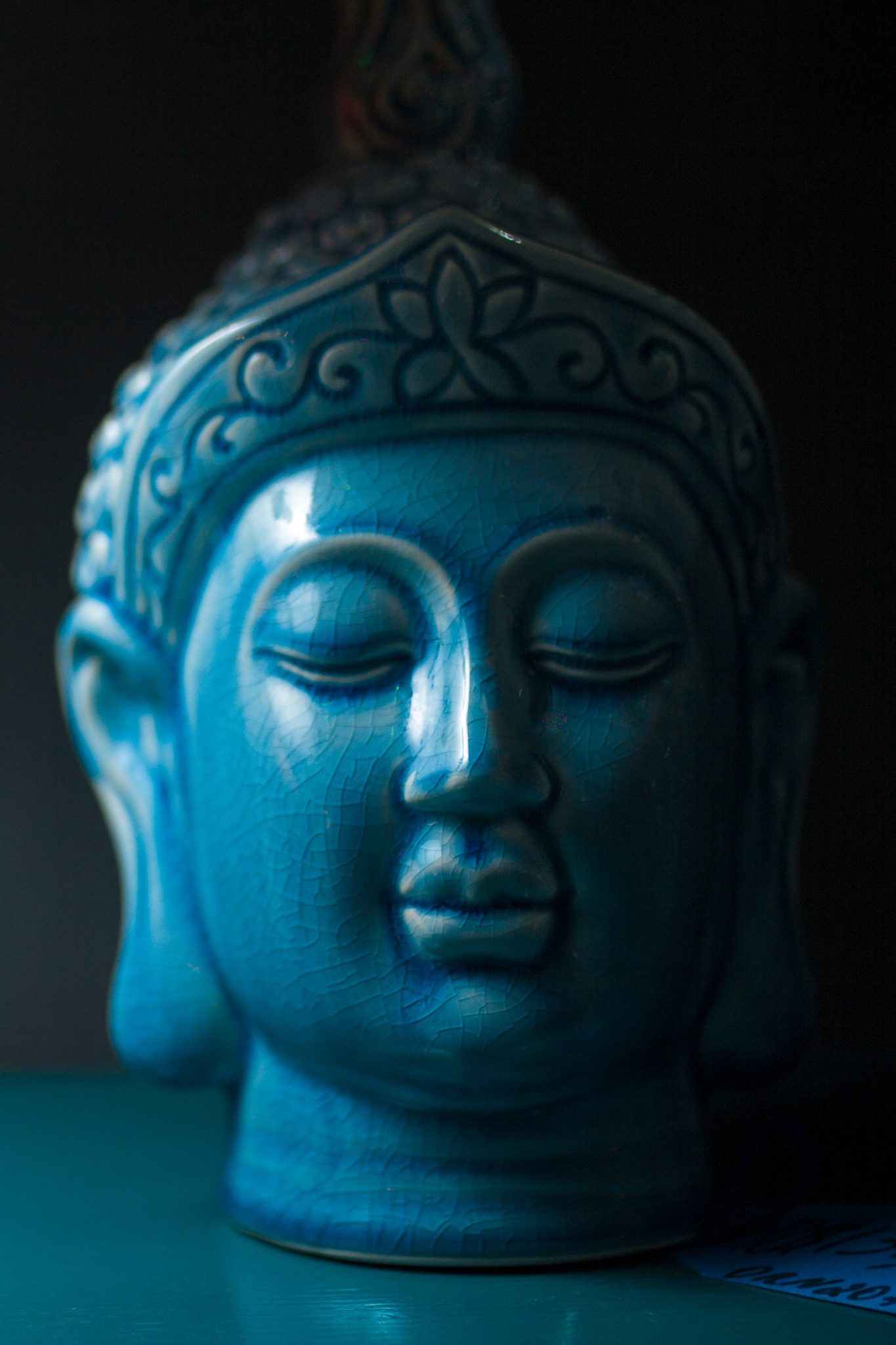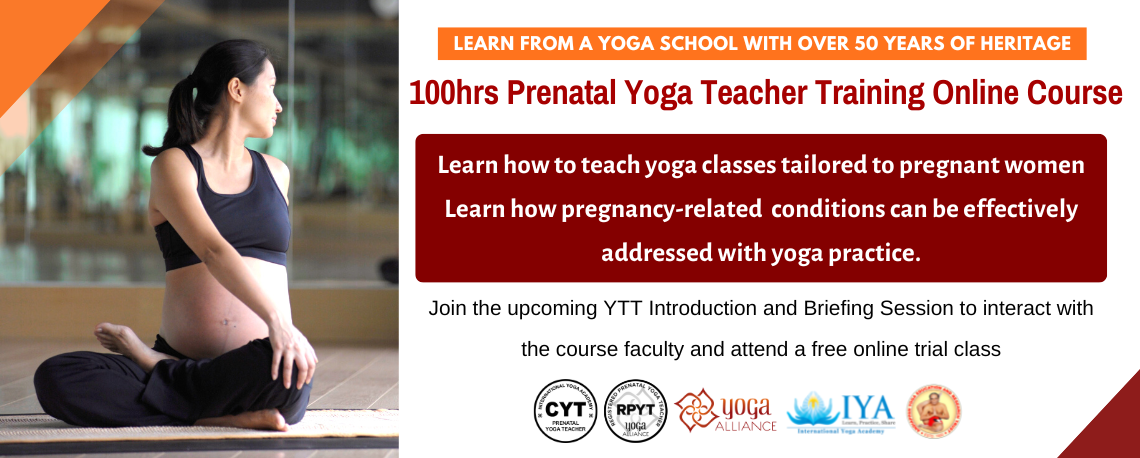Some estimates suggest that 81 percent of women have experienced some form of sexualized violence in her lifetime. As terrible as that is, it’s just life for a lot of people, including me. But what I really wanted to know when I was going through it was: Now what? How am I supposed to heal from this thing? How can I understand love and romance after a close friend who I trusted sexually assaulted me?
As with pretty much everything else, I turned to yoga to help me. The physical practice helped me connect back to my body, but the mindfulness aspect of yoga helped me find a new way of understanding love. Not only could I love again after assault, I found, but I could love more powerfully, with more presence and intimacy, than was ever possible for me before.
The yoga teacher, Buddhist meditation teacher, and psychotherapist Michael Stone has defined the word yoga to mean “intimacy.” Intimacy means understanding our interconnectedness with all things. It means seeing every choice we make as having consequences, on some level. It means practicing relationships. In his book Awake in the World, Stone writes, “Intimacy does not simply refer to sex. I translate the word yoga as ‘intimacy’ to connote the fact that everything is inherently contingent on everything else, from the basic molecules and strings that hold the world together all the way to the familial bonds that give rise to families and character.” For Stone, intimacy is the practice of being close to reality as it is, moment to moment. It means allowing ourselves to fully feel our pain, our loneliness, our desires, and our joy and letting them be present as they change. He goes on,
When we see that interconnectedness runs through each and everything that we encounter, we begin to see that entering our lives fully is the deepest kind of intimacy we can ever encounter. In fact, in order to heal, we need to find an intimate connection to whatever it is that ails us. To be intimate with pain, sadness, or even loneliness is to enter that state of mindfully. This doesn’t mean becoming completely absorbed, obsessed, or wallowing. It means riding the lively wave of anxiety or joy until it disperses and becomes something else.

For Stone, non-attachment is the practice of intimacy. We often think of the concept of nonattachment to mean that we shouldn’t get too attached to anything because everything dies. For Stone, the opposite is true: precisely because everything is impermanent, we should get as close to each moment as we possibly can, understanding that it’s never going to be quite like this ever again.
Stone believes that we hold each other at arm’s length by getting stuck in our narratives of who we think our others should be instead of seeing them for who they really are. The problem of attachment isn’t that we love too fiercely, it’s that we’re so attached to the story of our other that we’re not truly present with the living, dying person in front of us.
There’s nothing wrong with having narratives about the world and our others; in fact they can be quite useful to us. Narratives are essentially a set of expectations, and it would be pretty hard to live in a world completely free of expectations. The problem is that we can get addicted to these narratives. We start to need things to go according to our expectations. Those expectations can blind us to the possibility of any other story that could also be there. “I really think that addiction at bottom is an addiction to a narrative,” Stone has said, and that “one sign that there’s addiction to a narrative is that your imagination isn’t there.” When we insist everyone act in exactly the ways we expect them to and never change, we can’t begin to imagine the world being anything other than exactly what we expect it to be.
Loving imaginatively, then, means showing up to our others and listening to what they have to say. It means feeling with them and giving them a chance to change. We get very uncomfortable when our loved ones threaten to change something about themselves. They take up a new hobby or make a new friend and it terrifies us. We’re afraid not so much of losing the person, but of losing the narrative we have about who they are and who we are with them, of losing the role they play in our lives. When a close person threatens to change, we think it must force us to also change. When we are unimaginative about what that might look like, it’s pretty terrifying. So yes, part of loving fully means loving ourselves enough to know that whatever another person does won’t change who we are or are trying to be. It means getting curious about the other, seeing who they are from day to day. “In fact,” Stone writes, “we can define healthy relationships as the ability to take in someone or something without superimposing our biases and expectations on them.”

One of the reasons it’s so difficult for us to love each other fully is because it’s intensely vulnerable. Love feels good, but it can also be very painful. There is always the awareness of loss on the other side of love, and the anxiety of uncertainty. If we let ourselves fully feel the love we feel, we are also letting in the possibility of loss. Grief is, after all, a form of love. There can’t be grief if there wasn’t love.
The film and television director Norman Buckley survived the deaths of two of his intimate partners—the first, Timothy Scott, in the AIDS crisis in the 1980s and the second, Davyd Whaley, after ten years of marriage when he died by suicide in 2014. Buckley wrote a beautiful piece on grief after the loss of Davyd in a blog post, where he thinks about the incredible pain that wraps around him daily:
And then I realize that the pain has always been there. I felt this sweet agony every time I looked at Davyd during our ten years together, knowing subconsciously that one or the other of us would die first. The more you feel for another person, the more you are aware of loss. And all of us live with loss, every single day, whether we admit it or not.
No one wants to feel the grief that comes with losing a loved one, but if we truly let ourselves be present with the ones that are in our lives now, we might have to feel a little touch of that grief every time we see them. This is one of the reasons I think survivors might be so much more capable of choosing this radical, courageous love: we’ve already dealt with grief. We’ve already faced the worst of ourselves. We’ve learned (or we’re learning) to sit with uncomfortable emotions and choose presence anyway, to choose survival. I think we are capable of choosing love, too.


















 Other
Other